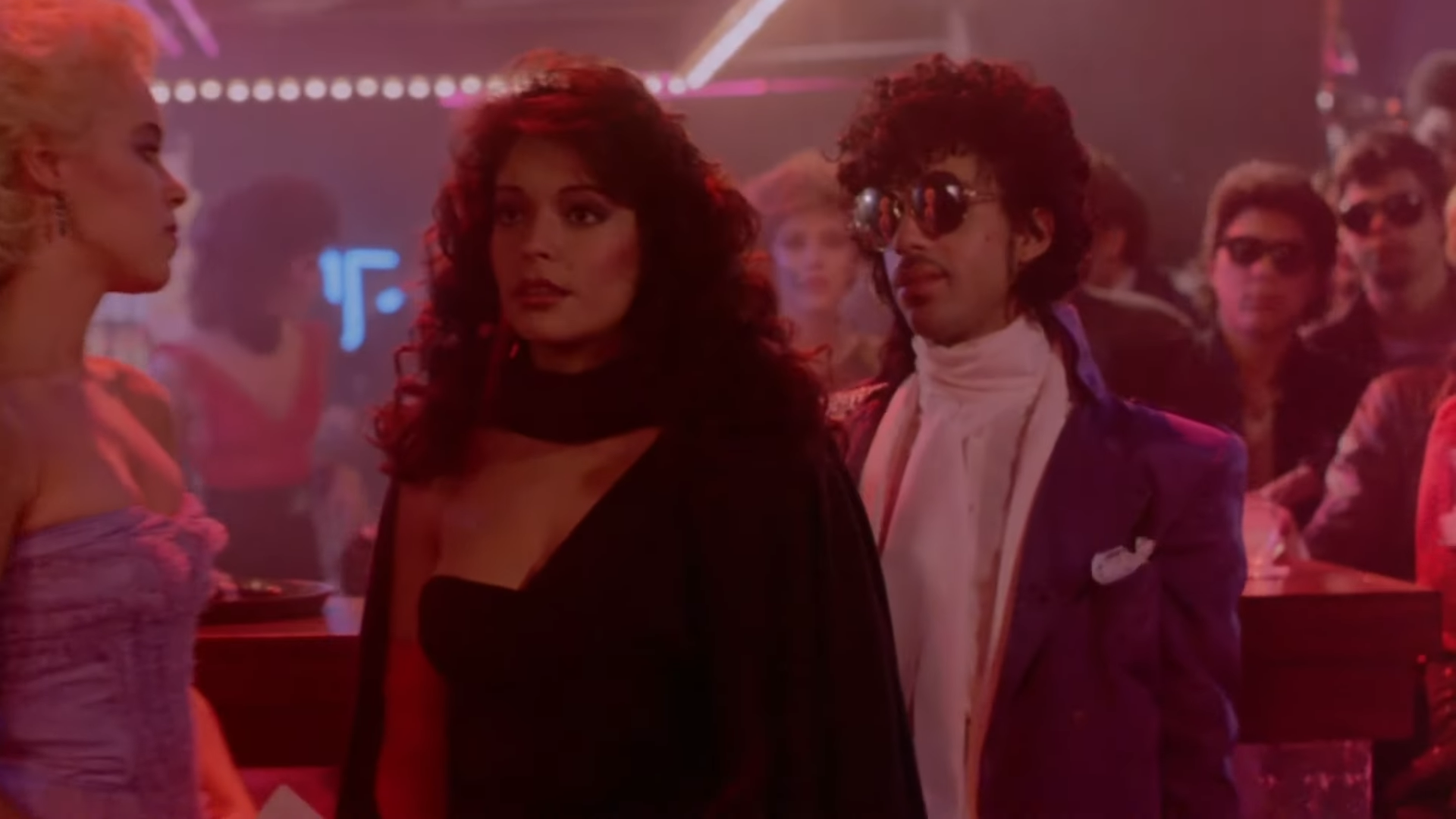Eight years after Prince’s death, his estate decided Apollonia Kotero doesn’t own her own name. The woman who starred opposite the Purple One in Purple Rain and fronted his creation Apollonia 6 now faces a federal lawsuit that feels like something out of a dystopian music industry nightmare. While Kotero has used “Apollonia” professionally since the early 1980s—with Prince’s explicit blessing and encouragement—Paisley Park Enterprises suddenly wants to own it for clothing and entertainment merchandise.
Legal Chess Match Unfolds
Court documents reveal estate’s contract claims versus Kotero’s decades of uncontested use.
Kotero fired back with a federal lawsuit in California on August 19, seeking declaratory judgment that she owns the “Apollonia” and “Apollonia 6” trademarks she registered in 2016 and 2018. The estate’s June 2025 trademark applications came alongside a USPTO petition to cancel her existing registrations, citing 1983 Purple Rain contracts as proof she waived her rights. According to court documents, the estate argues those four-decade-old agreements trump everything that followed.
But Kotero’s counterattack exposes the timeline’s absurdity. Prince never objected to her name use throughout his lifetime, nor did his business representatives. Her lawsuit contends that any purported contractual rights have long since lapsed, and the estate’s delay in asserting claims constitutes legal acquiescence—essentially, you snooze, you lose.
Industry Pattern of Estate Overreach
Apollonia’s fight reflects broader tensions between artistic legacy and commercial exploitation.
This dispute echoes a troubling pattern where estates transform into aggressive intellectual property machines, often targeting the very collaborators who helped create an artist’s legacy. The irony cuts deep—Prince’s estate is monetizing an identity he helped craft while the person who lived it for decades fights for basic recognition. A stage name becomes a performer’s life’s work, brand, and identity. Imagine spending 40 years as Apollonia only to discover someone thinks they own it.
Stakes Beyond One Name
The case could set precedent for performer identity rights versus posthumous estate control.
The estate hasn’t issued a public statement regarding the lawsuit, but their silence speaks volumes. Kotero seeks court orders confirming her exclusive ownership and blocking further estate interference—a reasonable request for someone who’s been Apollonia longer than some fans have been alive.


























